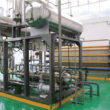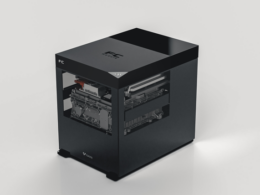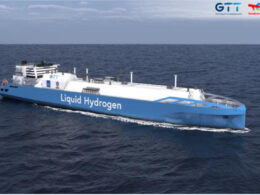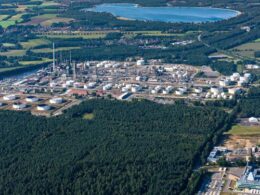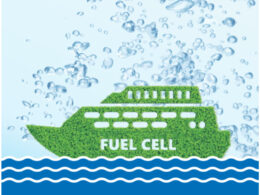The European Commission has approved, under EU State aid rules, a €2.6 billion German measure to support SHS Stahl-Holding-Saar GmbH & Co KGaA (‘SHS’) in partly decarbonising its steel production processes in Saarland. The measure will contribute to the achievement of the EU Hydrogen Strategy, the European Green Deal and the Green Deal Industrial Plan, while helping to end dependence on Russian fossil fuels and fast forward the green transition, in line with the REPowerEU Plan.
The German measure
Germany notified to the Commission a €2.6 billion measure to support SHS’ project aimed to partially decarbonise its steel production in Völklingen and Dillingen, Saarland, where SHS operates two blast furnaces and five basic oxygen converters producing crude steel.
The aid, which will take the form of a direct grant, will support among other things the construction of a direct reduction plant and two new electric arc furnaces which will replace the existing blast furnaces and oxygen converters. Natural gas, initially used in the new direct reduction plant, will gradually be phased out of the steel production processes. Ultimately, the new installation will operate using mainly low-carbon and renewable hydrogen.
SHS intends to organise a competitive tendering process to select renewable hydrogen suppliers. The successful bidders will install electrolysers nearby SHS’ facilities, thereby kickstarting the development of a renewable hydrogen value chain in the Saarland region. At a later stage, SHS expects to be connected to the German hydrogen network, which should result in the access to larger and cheaper volumes of hydrogen.
The new steel production installations are envisioned to start operating in 2026 and are expected to produce 3.05 million tonnes of crude steel per year, which will substitute an equal quantity of crude steel currently produced through the conventional and more polluting blast furnace process. Once completed, the project is expected to avoid the release of above 53 million tonnes of carbon dioxide over the project lifetime. SHS has committed to actively share the experience and technical know-how gained through the project with industry and academia.
Press release https://is.gd/x6sQpV


